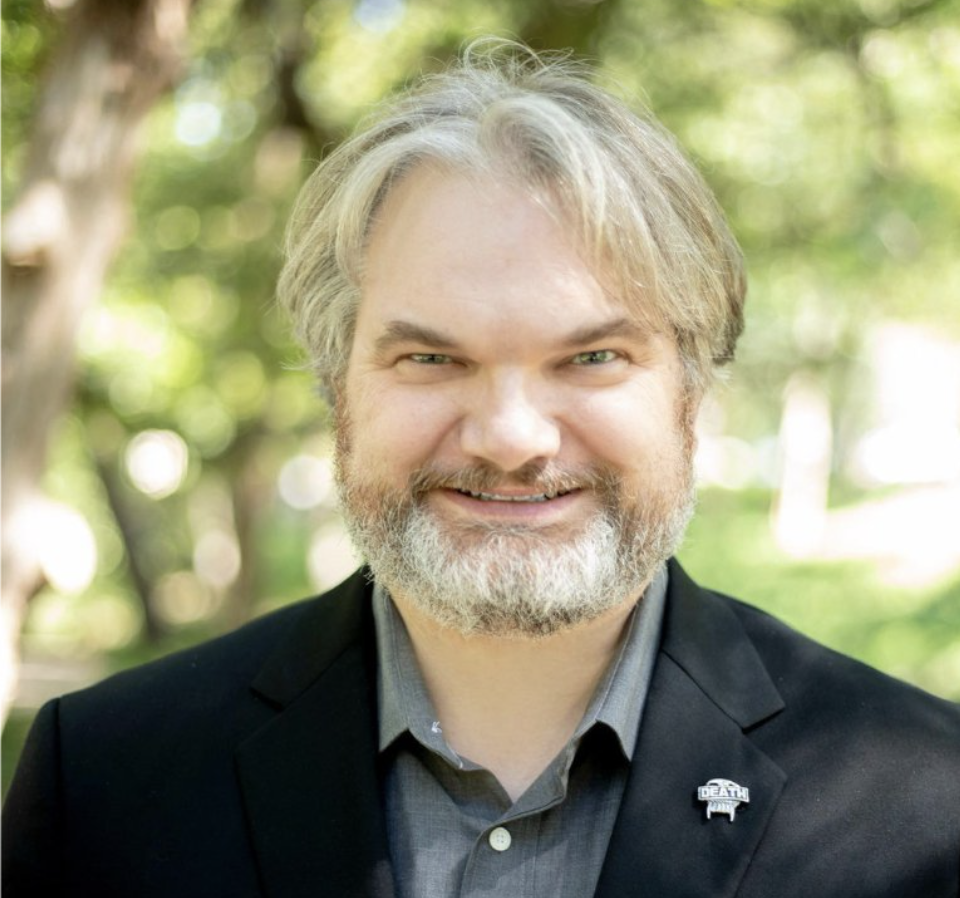In 1989, Massi “Joe” Kiani founded Masimo as a literal garage start up in his southern California home. Today, it’s on the 2024 list of top-ranked medical device companies in the world, credited with launching groundbreaking technologies from non-invasive patient monitors to telehealth platforms.
Now, the company faces a challenge to its own health – a takeover bid from a prominent activist investor in a battle experts say will echo beyond the boardroom and Wall Street.
Quentin Koffey of Politan Capital is waging a high-profile proxy battle for control of Masimo. Koffey is seeking to put two more people on Masimo’s board of the directors at the company’s 2024 annual meeting on July 25, giving Politan a majority.
At issue, experts say, is the balance between innovation in a field where new technology can literally save lives, versus shareholder activism that often prioritizes short-term gain.
“It’s good to have shareholders putting pressure on management. But the track record of activists imposing their own plans for reorganizing a public company’s operations isn’t all that great,” said economist Ike Brannon, a former senior adviser for tax policy at the U.S. Treasury.
Masimo allies say that at a time when the company is pushing to pair health tech with consumer tech, outside pressure that slows progress could have real-world impacts on people’s lives.
Even some financial experts agree such pressures brought on by frequent activist interventions — and the potential instability they can bring – can undercut the core mission of healthcare companies to innovate and ensure patient safety.
Activist investors say their pressure is needed to promote efficiency and deliver dividends to investors. Koffey is one of the most aggressive in the field, simultaneously been called “one of the industry’s busiest and biggest activists” and a threat of “dysfunction and chaos.”
According to Masimo, Koffey has an “unprincipled willingness to distort the truth in pursuit of his agenda.”
Of particular concern in the Masimo case is his push to place William Jellison on the board. Koffey claims Jellison, a former executive at medtech company Stryker Corporation, would bring the “medical technology and financial oversight expertise” that Masimo needs, according to a recently filed preliminary proxy statement.
But Jellison hasn’t served as a chief financial officer in the medtech field since 2016. Instead, he has emerged as an activist investor favorite. For example, in March activist investor Caligan Partners placed Jellison on the board of Anika Therapeutics, which makes osteoarthritis knee pain relief injection treatments.
Now Koffey is pushing Jellison on the Masimo board, despite his less-than-stellar record as a fiduciary. For example, he poured nearly $200,000 into investment firm Saddle River Advisors that SEC investigators later described as nothing more than a “Ponzi scheme,” according to public records. Disciplinary actions stemming from misrepresentation to investors in that case, which Jellison appears to have missed, resulted in fines of almost $1.5 million.
Inside Anika Therapeutics, sources say they are concerned about Jellison’s impact on the board. One a senior manager said he recognizes Jellison is “highly knowledgeable” regarding public company financials, but there is “no question whose side he’s on, and it’s not ours. I feel like we have a spy in our midst.”
Another executive at the firm said Jellison “is not what is important. It’s Caligan. Jellison is a proxy.” The activist investor approach is their worst nightmare, the executive said, because if they don’t reach an agreement, “it tears you apart.”
Masimo advocates say this is why investor activism is different when it comes to healthcare and medtech, as opposed to financial services or manufacturing.
When U.S. District Judge Leonard P. Stark ruled in Masimo’s favor in a 2015 patent case, he wrote that “the undisputed damages evidence was that an entire industry – other than Philips and one Chinese company – took licenses from Masimo for innovative technology that saved thousands of lives and billions of dollars in healthcare costs.”
Will the activist investor model slow, or even stop, the next generation of life-saving innovative technology? That is the issue raised by the proxy fight for Masimo.




